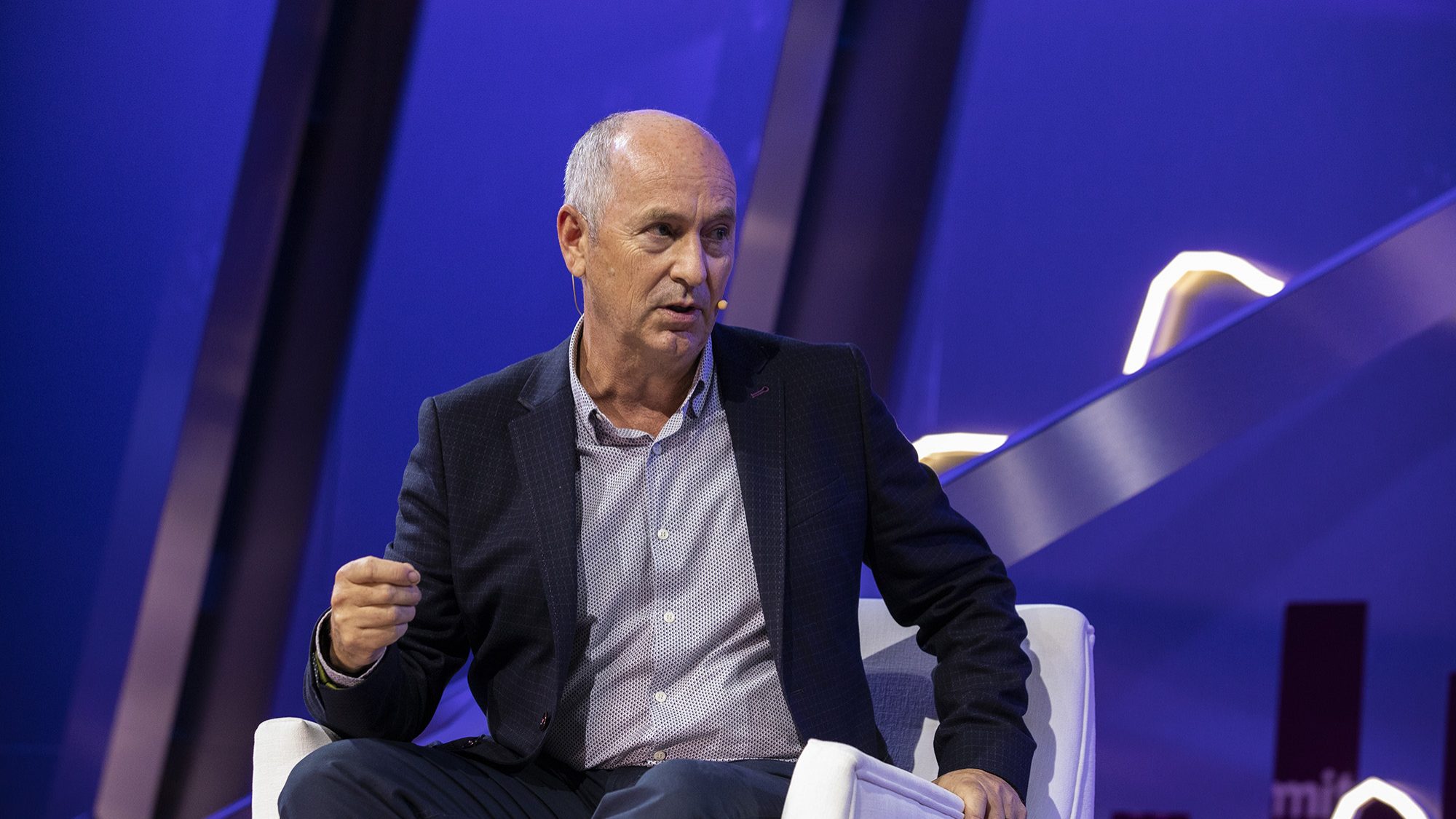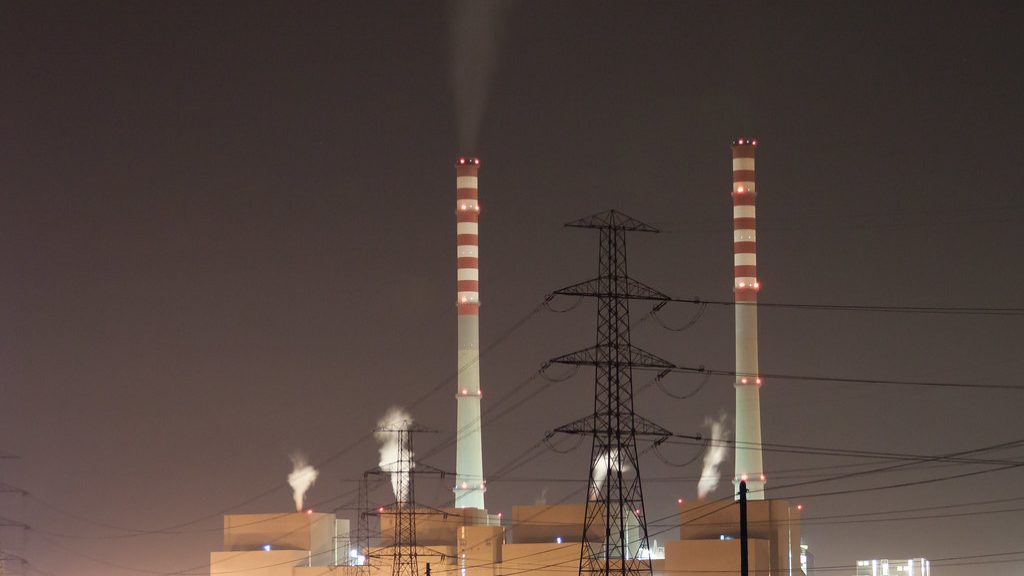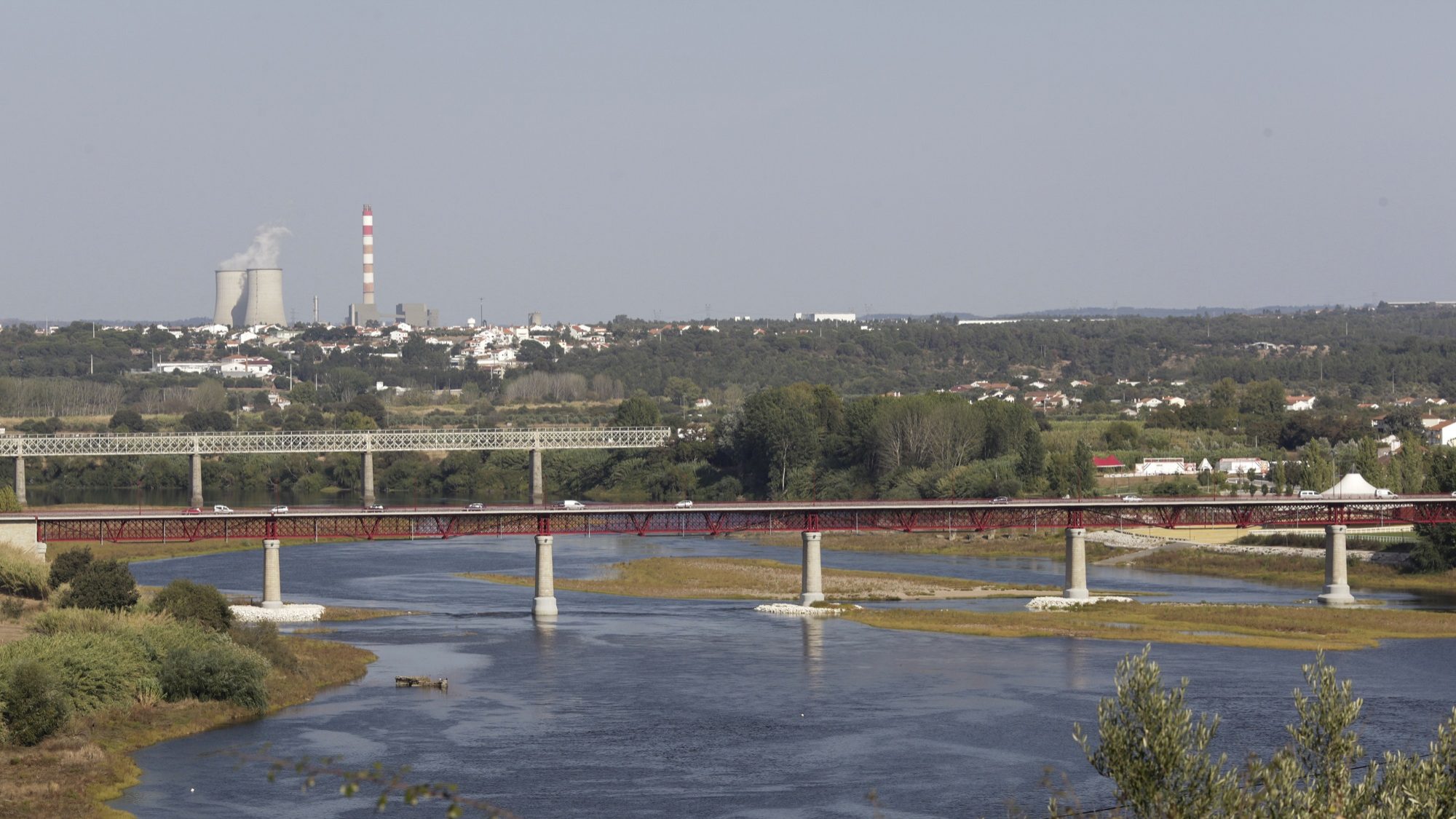Galp chooses Sines to build lithium refinery
The Sines complex is, after all, the location chosen by Portuguese oil company Galp and British mining company Savannah Resources to "implement a sustainable lithium processing refinery in Portugal".
Less than a month after Galp CEO Andy Brown told ECO that the location for the future lithium refinery in Portugal “has yet to be decided”, the Ministry of the Economy has now revealed the mystery.
The Sines complex is after all the location chosen by Portuguese oil company Galp and British mining company Savannah Resources to “implement a sustainable lithium processing refinery in Portugal, producing 25 to 35 thousand tons per year of refined high-quality lithium (battery grade), enough to produce over 1 million electric vehicles per year in the EU”.
To this end, they guarantee to maintain “territorial cohesion in the implementation sites of the mine and refinery, in Boticas and Sines, respectively,” according to the project summary disclosed to journalists by the Ministry of Economy, and that was delivered by the companies themselves to the Mobilising Agendas for Reindustrialisation and Green Agendas for Business Innovation.
Contacted by ECO, Galp’s official source confirmed that it has indeed advanced with the Sines location in the application for RRP funds, but kept saying that the location to build the lithium refinery is not yet 100% closed.
Galp’s project, as it was presented, is already pre-selected and among the 64 finalists, (being also one of the 12 chosen for the Green Agendas) and proposes to invest €980.5 million to establish a sustainable mining operation in Portugal, producing between 170 and 200 thousand tons of spodumene per year.
But it also intends to implement a sustainable lithium processing refinery. The only obstacle to sustainability in this plan is that the lithium will have to travel almost 600 km from Savannah’s Barroso mine in Boticas (where it is extracted and concentrated), to Sines, where it will then be refined, increasing the carbon footprint of the entire operation. Under the plans involving Savannah, it is also intended to boost the assembly and recycling of lithium batteries in Portugal.
“The Lithium Batteries Value Chain Agenda in Portugal is structured into seven Work Packages: 1. Mining, 2. Refining, 3. Batteries, 4. Circular Economy, 5. Qualification and Skills, 6. Promotion and Dissemination and 7. Agenda Management”, can be read in the Ministry of Economy’s project summary.


